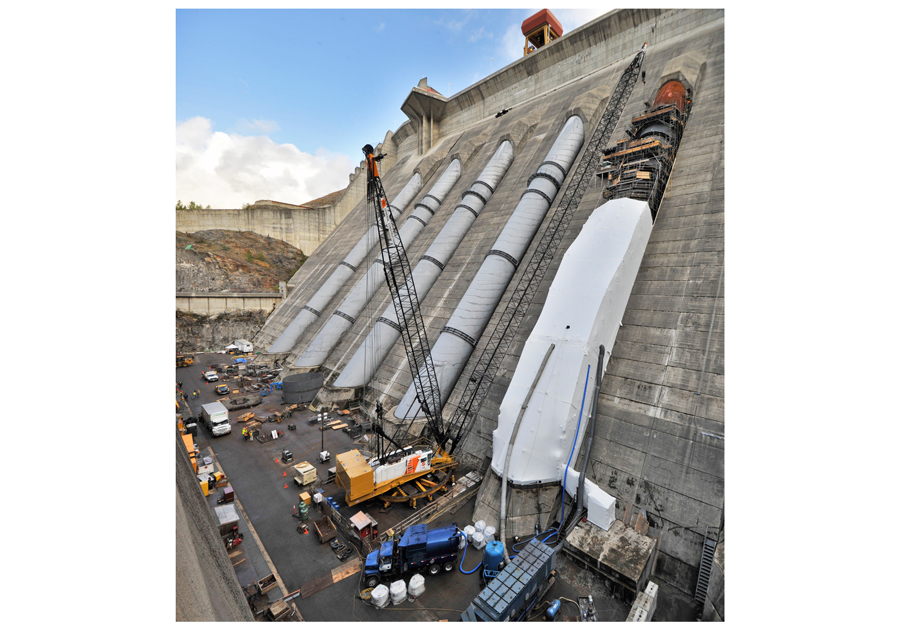
In addition, British Columbia did not require imports from the market and had enough generating capacity to provide support to its neighbors in Alberta and the Pacific Northwest, who were experiencing demand and system challenges. This includes about 200 MW exported to Alberta after an electrical grid alert from the Alberta Electrical Systems Operator.
“Extreme weather events like drought and cold snaps are putting people and communities at increased risk,” said Josie Osborne, Minister of Energy, Mines and Low Carbon Innovation. “Thanks to the resiliency of our energy system and exceptional planning by BC Hydro, we are able to meet the needs of British Columbians while also delivering clean, reliable hydro-electricity to our neighbors in Alberta when they needed it most.”
Before this new record was set, the previous record was 10,977 MW, set in December 2022.
“B.C. is fortunate to have an integrated, provincial hydroelectric system that allows BC Hydro to ramp up quickly when generation is needed and scale back when it is not,” said Chris O’Riley, president and chief executive officer, BC Hydro. “Our teams carefully plan and prepare for cold weather events like this to ensure our generating facilities are running at full capacity so we can deliver clean electricity to our customers when they need it the most.”
More than 90% of BC Hydro’s generation is produced by hydroelectric power and 98% of its generation is low-carbon or renewable energy. The company generates more than 43,000 GWh of electricity annually to supply roughly 1.9 million residential, commercial and industrial customers.
Although the historic drought has impacted some of BC Hydro’s largest reservoirs in the north and southeast of the province, its team has been planning in real-time for over a year to manage these conditions, according to a release. As a hydroelectric-based utility, the variability of water conditions and its impact on its reservoir levels is something BC Hydro deals with every year. BC Hydro has the tools to manage these conditions, including multi-year storage in its reservoirs, regional diversity in its generating facilities, contracts for power, and the ability to import and export power through the Western Interconnection – a network of high-voltage transmission lines that connects B.C. with other utilities in western North America.